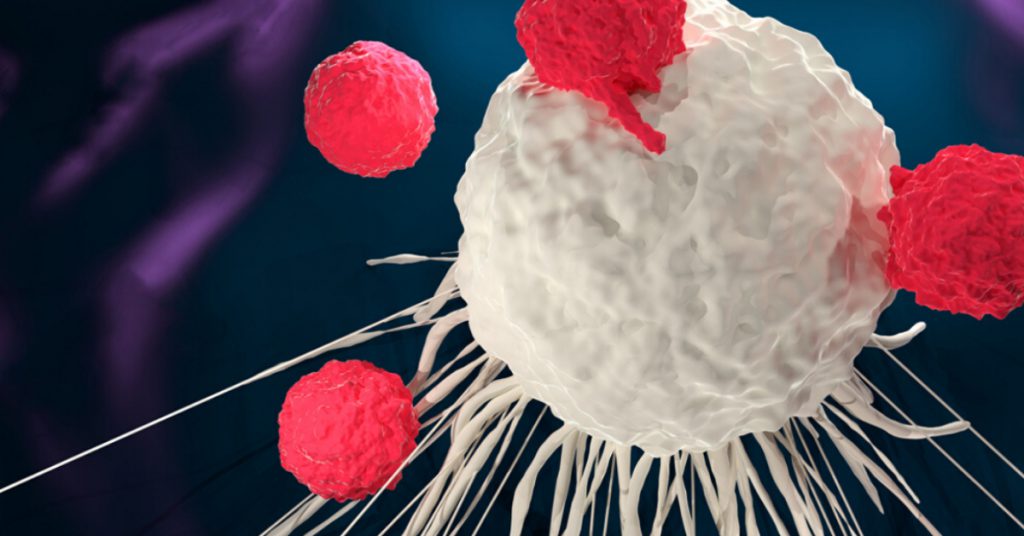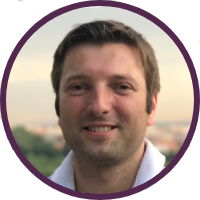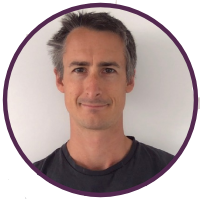Panel discussion: allogeneic CAR-T

This panel discussion, featuring experts from institutions across the world, will focus on the challenges faced by therapy manufacturers in the development of allogeneic CAR-T. It aims to assess current public and scientific understanding of the field, considerations involved in the manufacturing and will discuss our experts’ predictions for how allogeneic CAR-T therapy may evolve in the future.
This webinar was recorded on 16 June 2020.
What will you learn?
- How to overcome the challenges in developing an allogeneic therapy
- The advantages and disadvantages of an allogeneic product
- How to best manufacture your T-cell products
- The future of allogeneic CAR-T and similar products
Who may this interest?
- Researchers, manufacturers and clinicians working in the multidisciplinary field of advanced therapy development
- Individuals with an interest in cell therapies
- Regenerative medicine investors
Speakers:

Ulla Schultz
Head of R&D Cell Culture Systems
CellGenix (Freiburg im Breisgau, Germany)
Ulla Schultz joined CellGenix in 2006. As Head of R&D Cell Culture Systems, she is primarily responsible for the development of new serum-free media and other cell culture reagents.
Schultz has a degree in veterinary medicine from the University of Giessen (Germany). In positions at the Scripps Research Institute (CA, USA) and in the Department of Internal Medicine, University Medical Center Freiburg (Germany), she gained expertise on the establishment of primary cell culture systems and on the biological characterization of cytokines.

Marcos Langtry
Head of Allogeneic Cell Therapy
Lonza Pharma & Biotech (Basel, Switzerland)
Marcos Langtry is Head of Allogeneic Cell Therapy at Lonza Pharma & Biotech. He is responsible for the allogeneic commercial strategy, current and future offerings and portfolio optimization. Before joining Lonza, Langtry held several senior level positions with TiGenix (Leuven, Belgium), AstraZeneca (Cambridge, UK) and Sanofi (Paris, France) in the areas of external manufacturing, process development, technical operations and industrial strategy; there, he acquired extensive experience with aseptically filled, biologic and cell therapy products.
Langtry holds a Master´s degree in Biochemical Engineering from University College London (UK) and an MBA from Imperial College London (UK), and is qualified as a Chartered Engineer (CEng) and Chartered Scientist (CSci).

Paul Maciocia
Research Department of Haematology and Cancer Institute, University College London (UCL, London, UK)
Dr Maciocia is an academic clinical lecturer in haematology at UCL. He undertook his undergraduate training in medicine and pharmacology at the University in Edinburgh, and postgraduate training in haematology in Edinburgh, Bristol and London. His PhD was based in the laboratory of Dr Martin Pule at UCL, where he developed a novel approach to the diagnosis and treatment of mature T-cell malignancies. His research focus is on using chimeric antigen receptor (CAR) T-cells, a type of genetically engineered immune cell, to treat cancer. His current work is in development of allogeneic ‘off the shelf’ CAR-T cells, and genetic engineering approaches to enhance the efficacy and safety of these therapies. He has received numerous international awards for his research, is the holder of multiple patents in adoptive cellular therapy and his work has led to multiple first in man clinical trials.
In association with:

